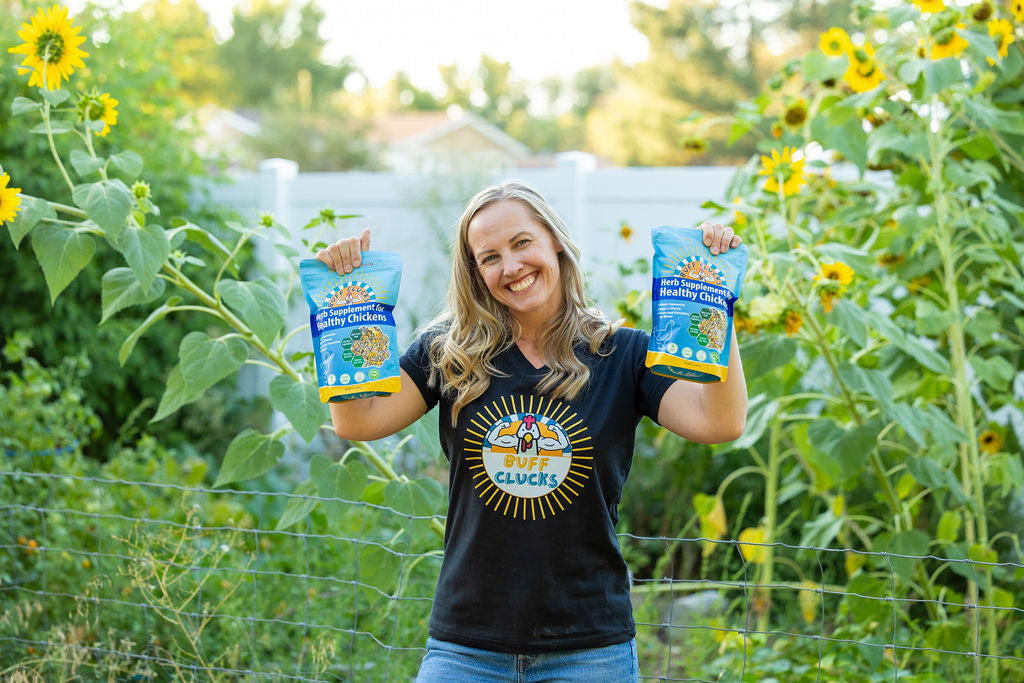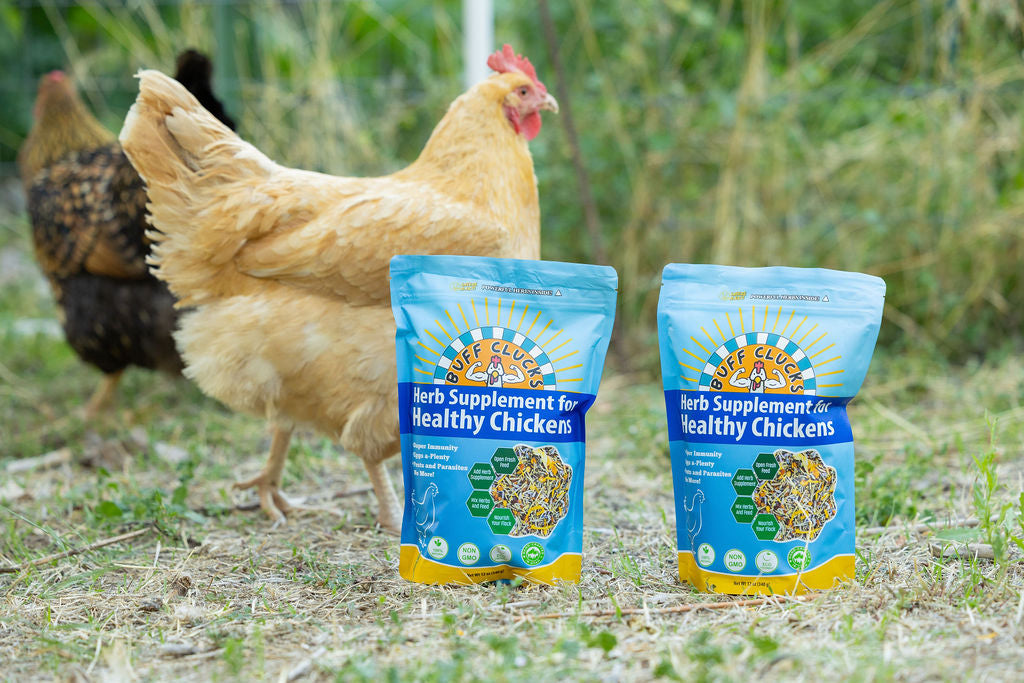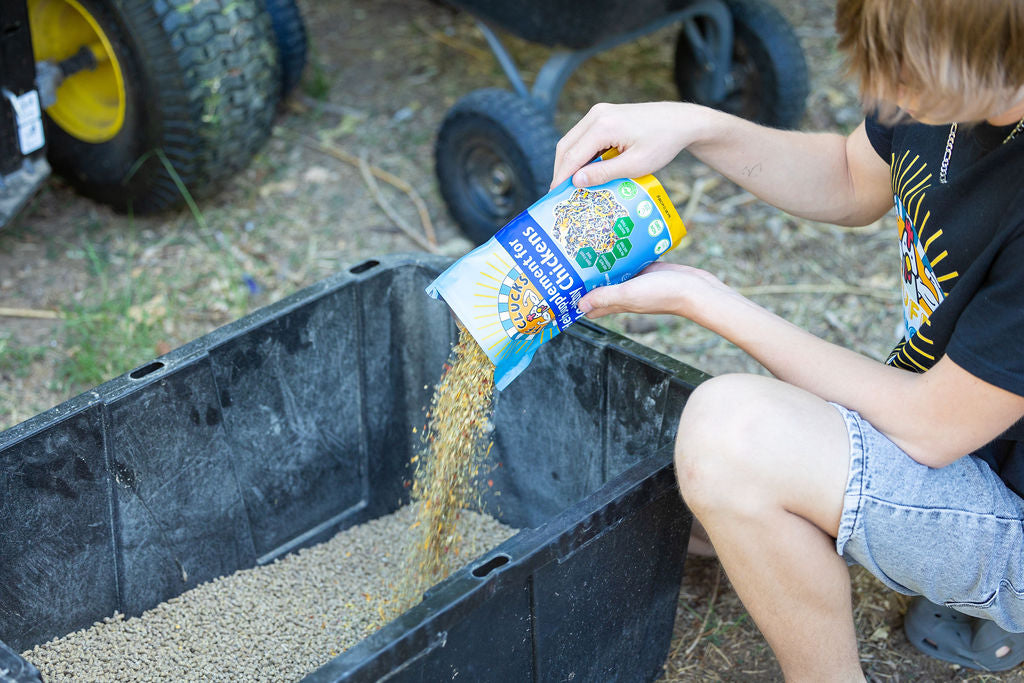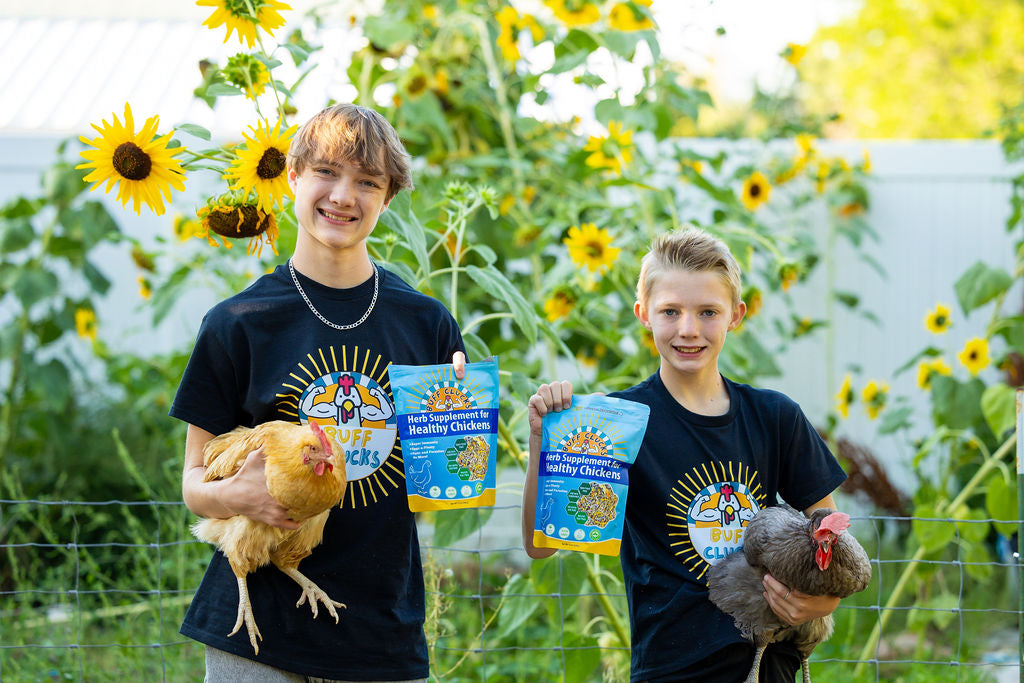
Nature's Secrets: How to Help Your Chickens Lay Better Eggs
Share
Whether you’re a chicken-keeping newbie or you’ve been wrangling roosters since forever, there’s always a way to level up your flock’s productivity. From the science of nutrition to egg-ceptional coop care, let’s crack open the secrets to help your chickens lay better eggs, naturally, sustainably, and with a dash of sass.
Why Egg Quality Matters
An egg isn’t just an egg, especially if you ask your hens. Sure, fresh eggs of any kind can taste amazing, but high-quality eggs go beyond flavor. A sturdy, vibrant shell protects a rich, creamy yolk, bursting with nutrients. When your chickens lay better eggs, it often signals that they’re healthy, stress-free, and receiving proper nutrition.
Plus, better egg quality means fewer cracked or wonky eggs that don’t make it to your kitchen table. Who wants to open the nesting box to find eggs resembling avant-garde sculptures? Not this chicken tender (pun intended).
Setting the Stage for Peak Laying
Hens typically begin their egg-laying journey around five or six months old, peaking during their first two or three years; however, there’s more to helping them lay better eggs than just waiting for maturity. Everything from the coop’s design to their diet, hydration, and daily routine influences the quality and quantity of eggs they produce, so let’s look into the essential elements that’ll have your flock laying like pros:

Creating the Perfect Henhouse for Egg-Laying
Chickens are happier and more productive when they get to live in style. A well-maintained coop is like a spa retreat for them, though they’ll trade cucumber slices for cozy bedding any day. Cleanliness is critical to success, routinely remove droppings, replace soiled bedding, and make sure there’s adequate ventilation so ammonia fumes don’t build up and irritate their airways. A coop that smells fresh also keeps neighborhood complaints at bay and sends a signal to your hens that they’re in a comfortable environment.
Space is another big piece of the puzzle. Overcrowding stresses chickens, often resulting in squabbles, bullying, and fewer eggs. Ideally, give each hen two to three square feet inside the coop and add an enclosed outdoor run so they can scratch, peck, and roam. Busy hens are relaxed hens, and relaxed hens lay better eggs. Nesting boxes, meanwhile, should be lined with soft bedding to protect those precious orbs. Tuck a little CoopShield—Diatomaceous Earth and Herbs for Chickens into each box to help control moisture and introduce a calming herbal scent. The diatomaceous earth deters pests naturally, and the aromatic herbs give the nesting area a spa-like vibe, encouraging contented hens to settle in for laying time.
Give Them the Royal Feast
A well-fed hen is a productive hen, and the key lies in a balanced diet. Quality layer feed generally contains about 16-18% protein, essential for forming those robust shells and vibrant yolks. Offer occasional high-protein treats like scrambled eggs or mealworms to bolster overall nutrition. It might seem a bit off serving eggs to your chickens, but trust us, they’ll gobble them up without a second thought. Also, while chickens love cracked corn, think of it as dessert. It’s high in carbs but offers little in terms of real nutrition, so dish it out sparingly to avoid shortchanging your flock’s dietary needs.
For an extra boost, lean on herbs. Herb Supplement For Backyard Chickens can be sprinkled into feed for a cluck-tastic upgrade. The right herbal mix can support digestion, overall health, and even help ward off pesky parasites. When your birds are healthy from the inside out, they’re primed to lay better eggs that stand out on both the breakfast table and the nutrient charts.

Keep Them Sippin’
A dehydrated hen can’t function at her best, and her eggs will reflect that. Clean, fresh water is a must year-round. In colder months, hens might ignore chilled or frozen water, so consider a heated waterer or place their water station where it stays comfortably above freezing.
Up the ante by adding AquaBoost—Water Supplement for Backyard Chickens to the daily drink. It’s packed with vitamins, minerals, and probiotics that keep your flock hydrated and happy. When your hens have everything they need to maintain top-notch digestive health, you’ll see the difference in the quality of their eggs.
Bask in the Glow
When it comes to laying cycles, chickens are big fans of sunshine. Hens typically need about 14-16 hours of light each day to stay at peak production. If the sun has clocked out early (hello, shorter winter days), consider installing a low-wattage bulb in the coop. Put it on a timer so your birds aren’t left in the dark, literally. But don’t go overboard, no disco balls, please. A gentle extension of daylight is all it takes to encourage steady laying without overtaxing your flock.
Natural light is about more than just egg count; it also nurtures your chickens’ mood and activity levels. If you can, allow some safe, supervised free-ranging so your birds can soak in that sunlight, scratch the ground, and flap those wings in the great outdoors.
Banish the Drama
Stressed-out chickens aren’t going to be your egg-laying superstars. Everything from flock dynamics to predator threats can send them into a tizzy. Secure your coop and run against potential intruders—common backyard predators include:
- Raccoons scrounging for easy meals
- Hawks surveying from the skies
- Weasels or foxes sneaking in after dark
- Neighboring dogs looking for a new plaything
Peace of mind for your hens is peace of mind for you. Chicken society is surprisingly intricate, so watch for bullying. Separate any persistent bullies or introduce newcomers slowly to keep the vibe friendly. When a hen’s too busy guarding her perch or dodging a mean girl, she won’t have the calm headspace needed to lay better eggs. Infusing herbal aromas into their environment can also help dial down the drama.
Cracking the Final Egg
Helping your flock lay better eggs isn’t rocket science, just a dash of know-how, a sprinkle of herbs, and a whole lotta love, and you’re well on your way to a bountiful basket of top-quality eggs. Watching your hens confidently provide sturdy-shelled, vibrant treasures is proof that simple, natural practices make all the difference. Here’s to your continuing journey in backyard chicken-keeping!









